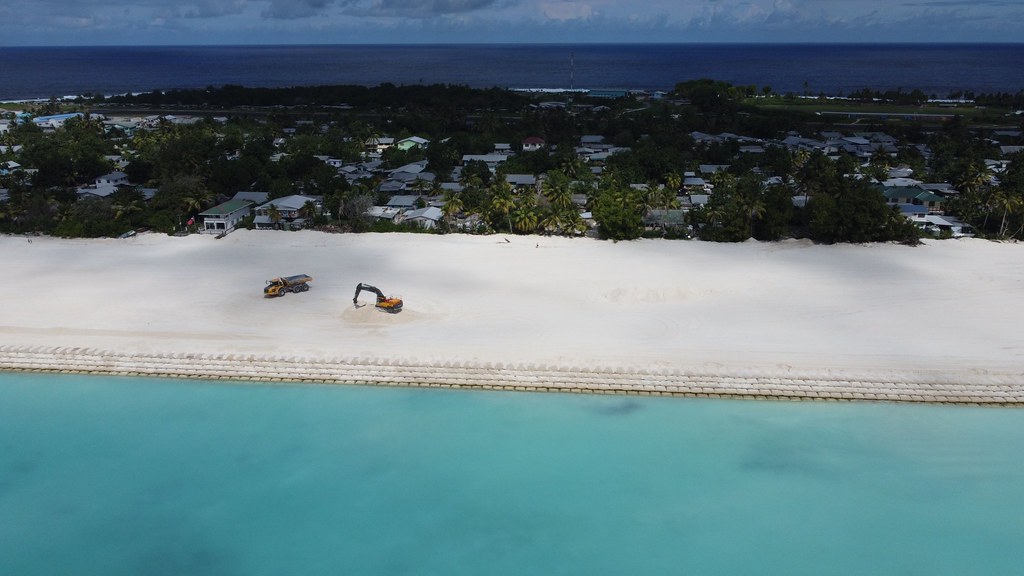The ocean has seen significant changes over the last few centuries, as fishing and dredging have pushed natural ecosystems to their limits. Regions that once supported abundant fish populations have become deserted, and communities that depend on fishing for their livelihood are suffering as a result.
The Seasteading Institute advocates for more rational ocean policy, both in terms of enhanced fishery property rights to curb the “tragedy of the commons,” as well proactive restoration approaches such as sustainable mariculture. We have listened to many ideas relating to this issue over the years, including a proposal delivered at the 2009 Seasteading Conference by Russ George, head of the Haida Salmon Restoration Project, which involves fertilizing depleted ocean zones with tiny iron filaments, to spur plankton growth that can lead to the creation of new marine food chains.
However, the practice of ocean fertilization is not without controversy. George and his team are now attracting media attention for their recent outing, labelled the largest geoengineering experiment of its kind, which poured around 100 tons of iron sulphate into the Pacific Ocean this past July. The experiment will test the scope of two international resolutions, the UN Convention on Biological Diversity, and the London Convention on Dumping of Wastes at Sea. George says the project will bring native salmon back to the communities whose economies rely on them, while simultaneously reducing atmospheric Carbon Dioxide and ocean acidification. Opponents of the project say that too little is known about the practice for such large-scale implementation, especially in a commercial context, and that the restoration project violates the UN conventions.
The Institute does not and never has endorsed any practices that violate international law. Rather, we have been explicit in our strategy of complying with existing legal norms. We do encourage additional research into concepts like ocean fertilization, but within the constraints of scientific best practices. We support Mr. George to the extent that his activities have been in compliance with the law and up to top academic standards. However, we also urge caution when it comes to unknowns like geoengineering and iron fertilization — the seasteading approach will always emphasize incrementalism and small-scale experimentation.
For more information on the practice, see this recent summary from the journal Nature of an article that aggregated previous iron fertilization experiments.
